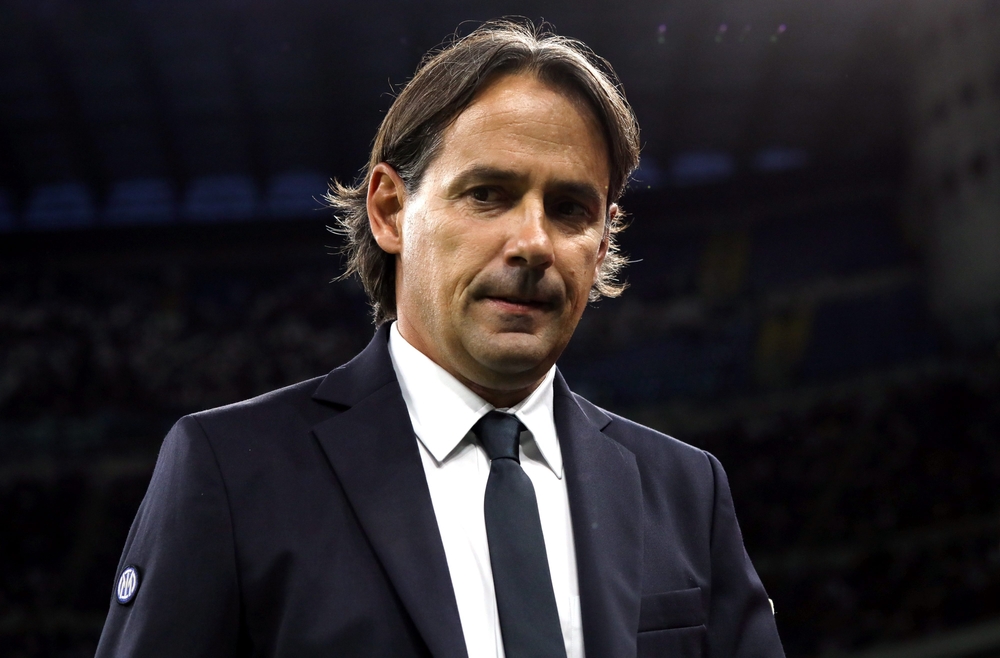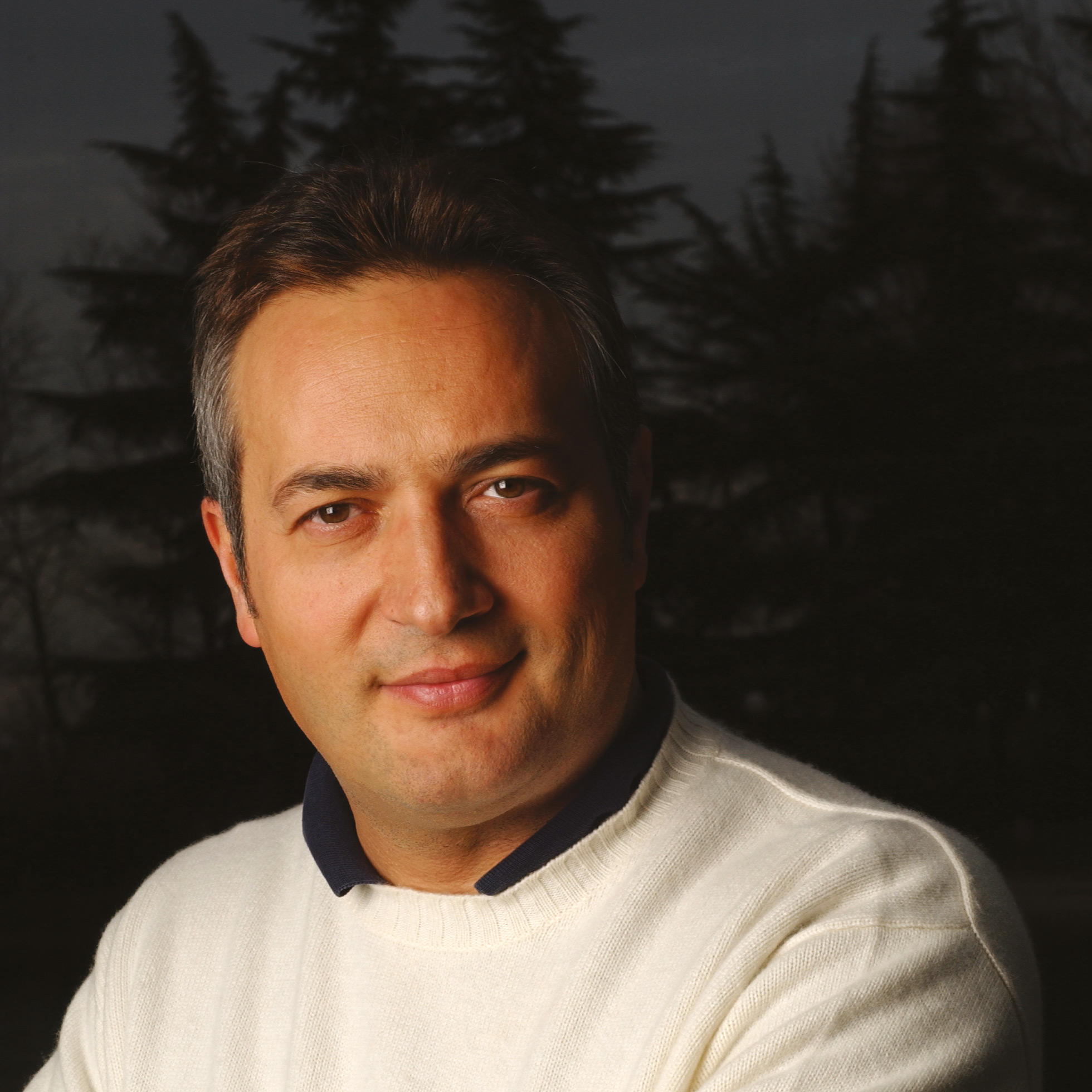Do you remember the story of Lapalisse, the French marshal who died at the Battle of Pavia in 1525? They wrote that 15 minutes before his death, he was still alive, hence the “Lapalissian” truth. Now, the fact that the world of ultras was connected to organized crime and that football clubs were generally under the influence of these groups was, indeed, a Lapalissian truth. The investigation in Milan is more thorough and structured than those in the past. The clubs involved, Inter and Milan, are among the country’s most prominent, and Milan has always been a place where money flows.
Where money flows, mafias and leaders of organized fan groups follow. These figures, once seen as poetic small-time heroes of a passionate crowd—apart from the violence—now, in wiretaps, admit they no longer care about the team, only about the money. The circular economy of evil has come full circle, and the juiciest part plays out in the theater of football: the stadium. Pressure and ticket resales, control of activities outside the stands—from sandwiches to merchandise—and even influence over club decisions on transfers and away games. Not to mention beatings, punitive raids, and dangerous intersections with the world of rappers, even the rich ones (of course, follow the money).
For now, the clubs are considered victims, but both anti-mafia prosecutor Melillo and the sports judiciary want to dig deeper. If, instead of submission (Inzaghi said that for the Champions League final tickets in Istanbul, he would check with Marotta and Zanetti, i.e., the club’s executives), the investigation reveals weak oversight or chilling collusion, the risk is of a club being placed under administration. Will football change after this cleanup? Perhaps not immediately, but we have to start somewhere.
The hooligans in England were defeated. Let’s give it a try too. And let’s change our mentality, including us journalists. We need to stop saying that certain things have nothing to do with football and that football should only be discussed in terms of tactics and performance. Otherwise, it will end up like Lapalisse: fifteen minutes before writing, we had our eyes closed.


